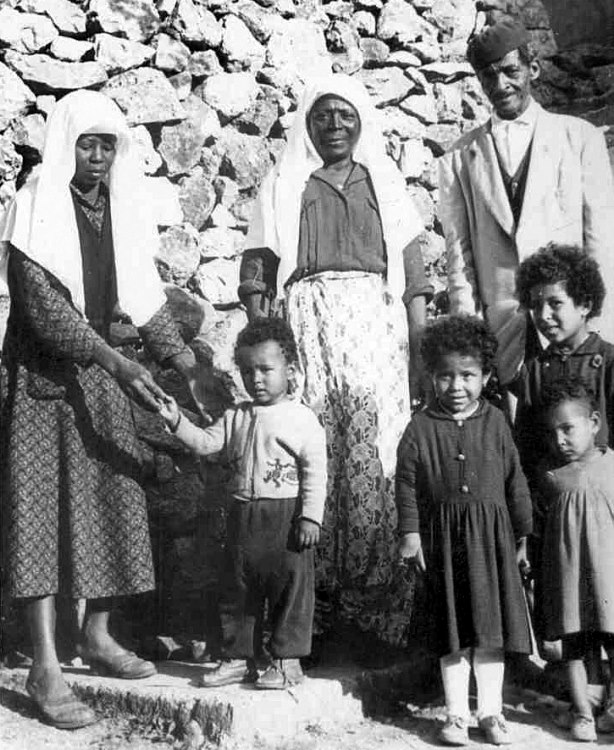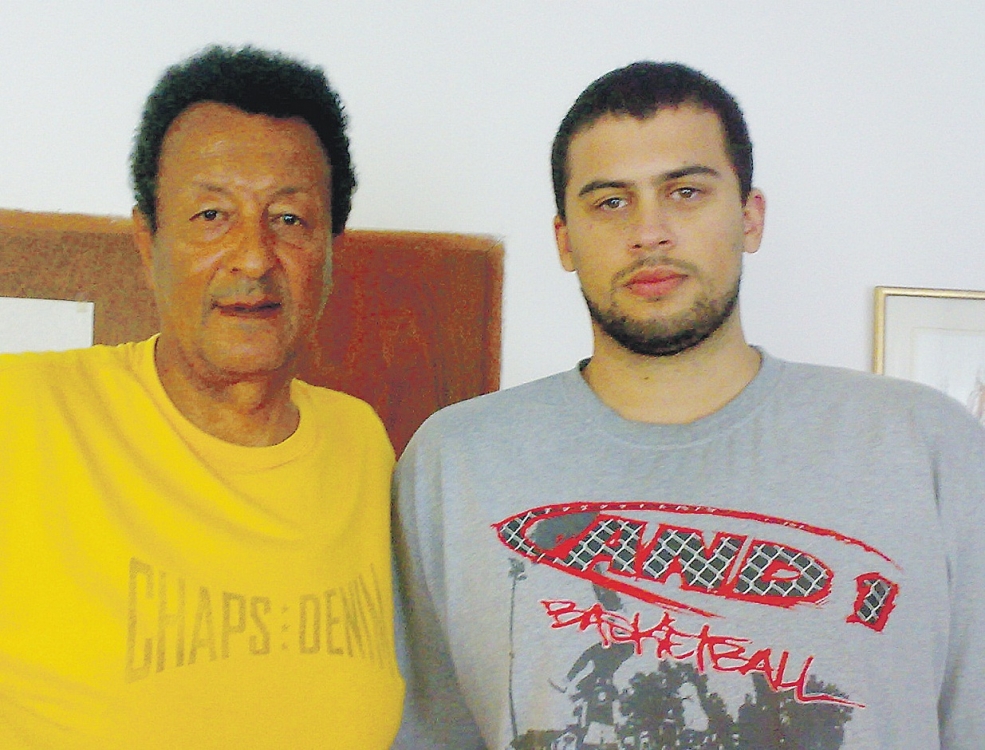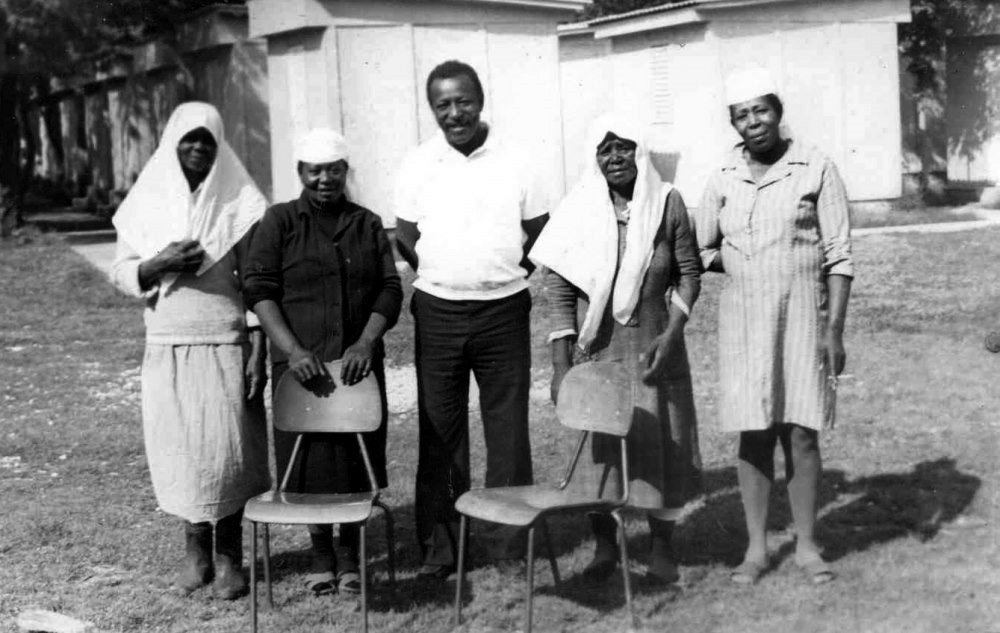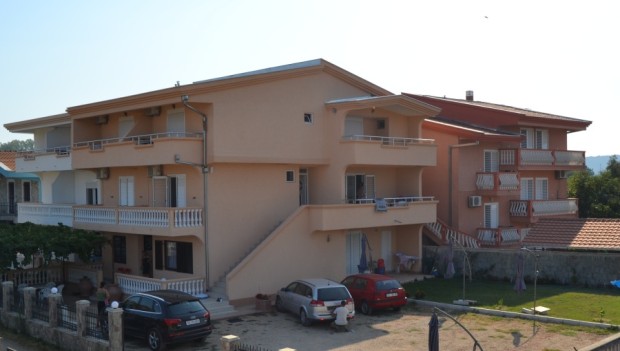
Known as the oldest town on the Adriatic coast, Ulcinj has been referred to as a melting pot of all religions and nationalities. This haven is the embodiment of different cultural clashes throughout the centuries. Ulcinj witnessed a number of futile wagged wars and battles, including the unsuccessful Mongolian siege which resulted in manslaughter and the demolishment of 365 Svac churches. The southernmost town in Montenegro was home to the most renowned empires, tribes, pirates, hordes, including the world scattered African Americans who broke the shores as indentured servants. No hostile attitude or hostility has ever sprung out of the interwoven nationalities. Since the onset, UlcinjŌĆÖs backbone ethnic groups were Illyrians (known as Albanian ancestors), South Slavs, and minorities including African Americans, who made it through the Mediterranean Sea with the help of the most dangerous sea traders, the pirates.
After settling the most outstanding town in Montenegro, African Americans became distinguished fishermen. The Slave Square situated at the very entrance of the Old Town, known as a local slave market, was a place for a large number of African Americans and famous individuals like Miguel de Cervantes, who is believed to have spent half a decade within the fortress. African Americans, blacks, or Crnci Ulcinja, known for their magnificent dances, came out with the unique ŌĆśSaraveliŌĆÖ, which has been used throughout the centuries as a folk dance. There were almost a hundred African American families back in 1878 (Congress of Berlin) but the number dwindled as they dispersed throughout Montenegro. Mario Surla (51) is the last but not the least Ulcinj African American.
Just like his father Rizo, Mario enjoys being a full-fledged photographer. He intermarried just like the rest of the tribe. It was sinful to marry a girl other than a black one. A number of intermarriages increased as the years passed by. ŌĆśThe skin complexion is becoming ever lighterŌĆÖ ŌĆō says Mario. With a lighter complexion comes a weak constitution, which can never be compared to the strong, ancestorsŌĆÖ one. Ulcinj African Americans are not sure where their ancestors came from, since everything was spread by word of mouth. Their last names came from the families where they worked as indentured servants. A lot of families were kind towards their servants, thus giving the last names out of sympathy. Asked upon his nationality, Mario states: ŌĆ£I am well aware of my ancestry, but we are not Africans anymore, neither my father, nor I. I am Montenegrin, what else can I be?ŌĆØ







